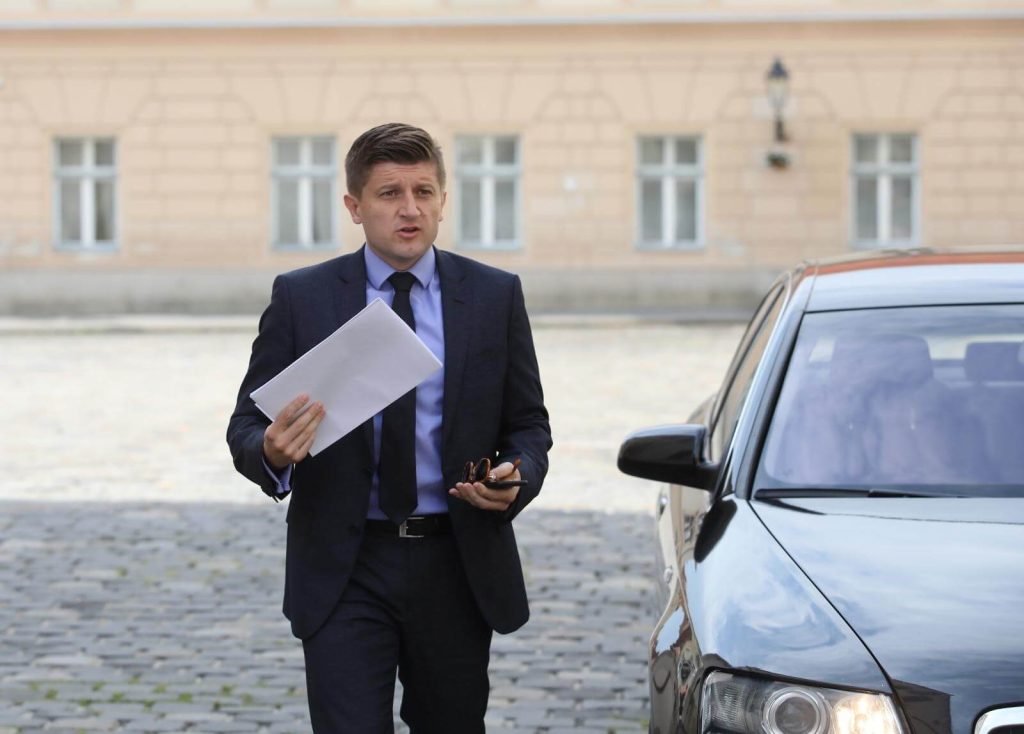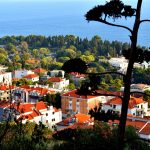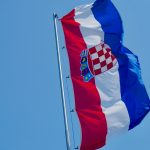The government is expected to endorse the plan on Thursday.
“We are going to finalize and hammer out this document at the government’s session on Thursday, and we will very likely adopt the final draft of the plan which we will forward to to the European Commission for fine-tuning and evaluating,” Marić told the press after today’s meeting of the inner cabinet.
The procedure of evaluation and assessment of national recovery plans from Croatia and other EU member-states will take several months in Brussels, according to the minister.
Marić recalled that Croatia’s national plan is about 10 billion euros, and two-thirds (6.3 billion) refer to grants. After that, the following stages are about loans for 3.6 billion euros.
Furthermore, the Multiannual Financial Framework for Croatia envisages 12 billion euros, and also there is the Solidarity Fund. All those are great financial amounts in the next few years, the minister said.
The deadline for applying projects under the recovery plan in mid-2026 and tapping funds can be until the end of that year.
The approval in Brussels would pave the way for the disbursement of a 13% pre-financing, which is about 800 million euros. After that, the amounts will be allocated to Croatia twice a year based on the fulfillment of the criteria as agreed with European institutions, Marić said.
Asked by the press about the engagement of the private sector, Marić said that the first component of the Croatian NPOO plan is about the enterprise sector, making up 50%. He added the combination of the private and public institutions pertaining to education, healthcare, public administration, judiciary, pension system, social policy, and initiatives for the post-earthquake recovery.
The direct effect concerning the private sector is 34%, and also, any investments have implications for the private sector, he said.
Croatia one of the few EU members where the plan was to public consultation
Marić dismissed criticism about a lack of transparency when it came to the document. He said that Croatia was one of the few EU member-states to have this document put to public consultation. Social partners were provided with an insight into the draft document, and a plenary session of the parliament discussed the matter.
For more about politics in Croatia, follow TCN’s dedicated page.









